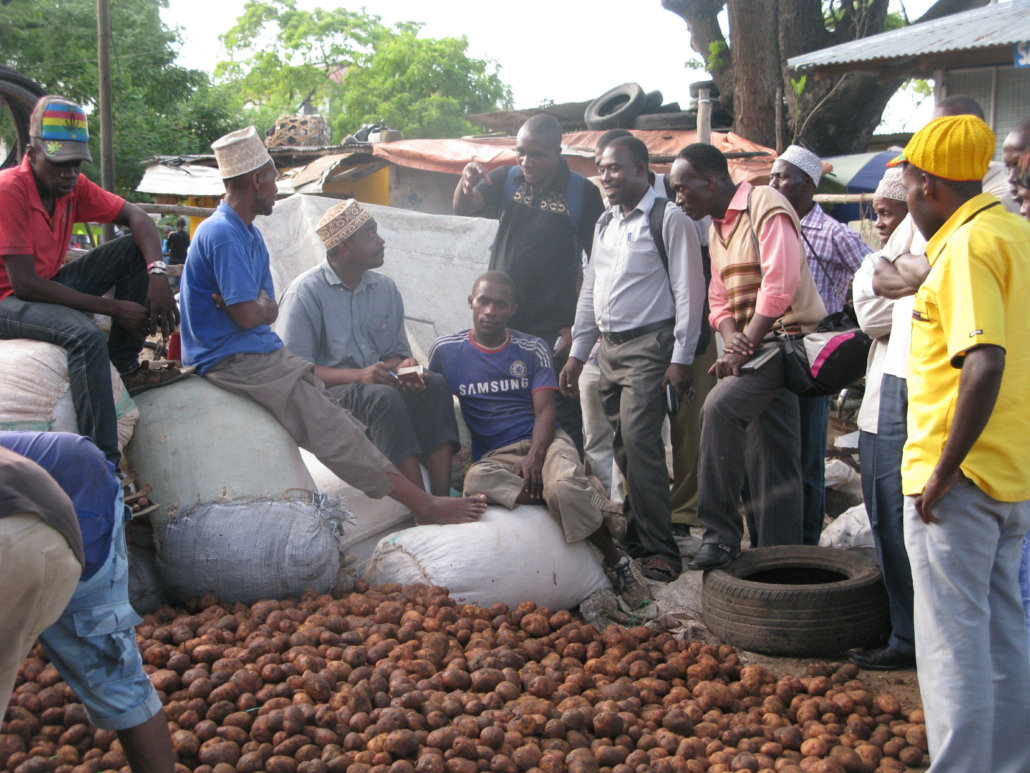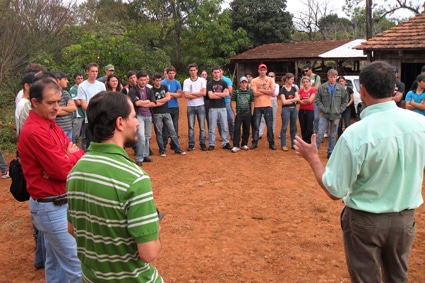The mission Fert sets for itself is to contribute towards improving agricultural economies in developing and emerging countries.

Its approach is based on three key considerations:
- A country’s agricultural economy is based primarily on its farmers. They are responsible for feeding their country, and to do that they have to be able to make a living from their occupation.
- The farmer is a responsible entrepreneur capable of deciding on his own regarding the many decisions he has to make, according to his own objectives and constraints. He should be considered and respected as such.
- Each farmer has only limited power. By joining together in suitable organisations, farmers can: – find common solutions to common problems and manage the implementation of these solutions, – have an impact on the technical, economic and political environment through participation or negotiation, in order to defend their common interests.
Fert supports the creation or development of producer organisations with the strong conviction that they can only be created and consolidated through constant interaction between concrete programmes that provide their members with sustainable services (technical, commercial and financial actions) and through the efforts of these members in association with one another.
For this purpose, Fert is determined to act over the long term and with continuity. In fact, its commitment to its partners in building human organisations assumes that it is prepared to stay with them as long as necessary to support the slow evolution in mindsets that enables these organisations to achieve self-sufficiency.
As an agri-agency (an agriculture-based international cooperative body), Fert serves as an interface between the effort on the ground and all the professional skills that must be mobilised according to the needs expressed. Its purpose is to make available to farmers in developing countries the know-how acquired through more than sixty years of experience in organising producers in the technical, economic, commercial and financial domains, and to do this it relies on all of the French agricultural organisations (chambers of agriculture, farm cooperatives, specialised technical institutes, credit co-ops, etc.).
It bases its approach on three principles taken from farmer experience: rigour, pragmatism and solidarity.

